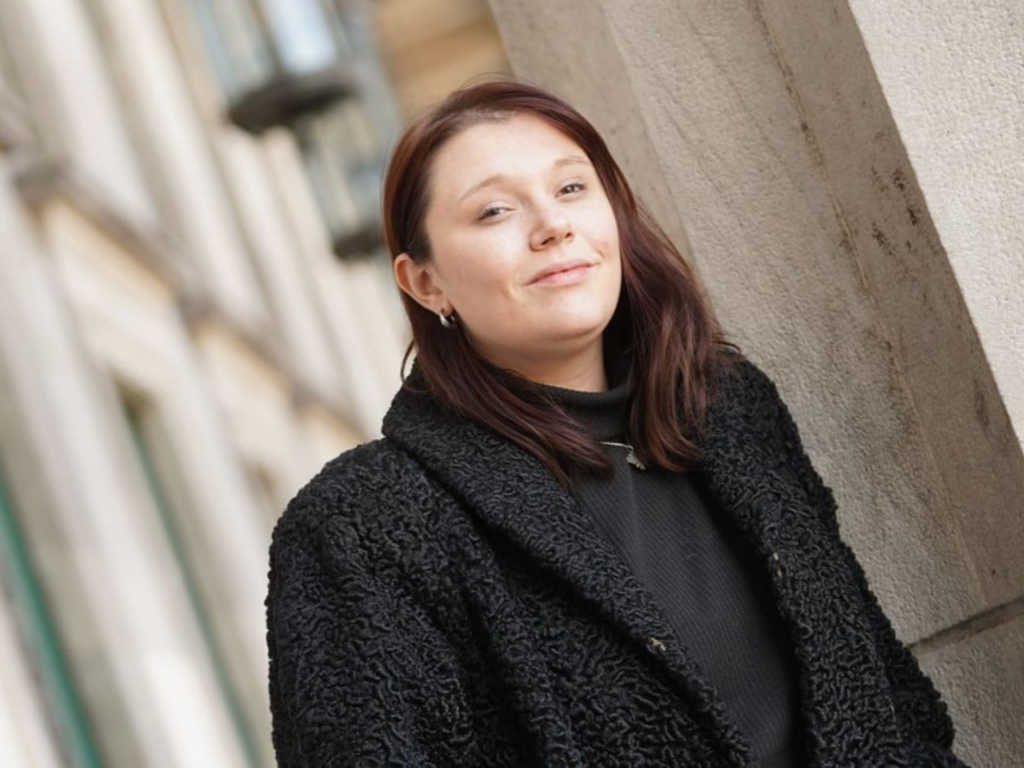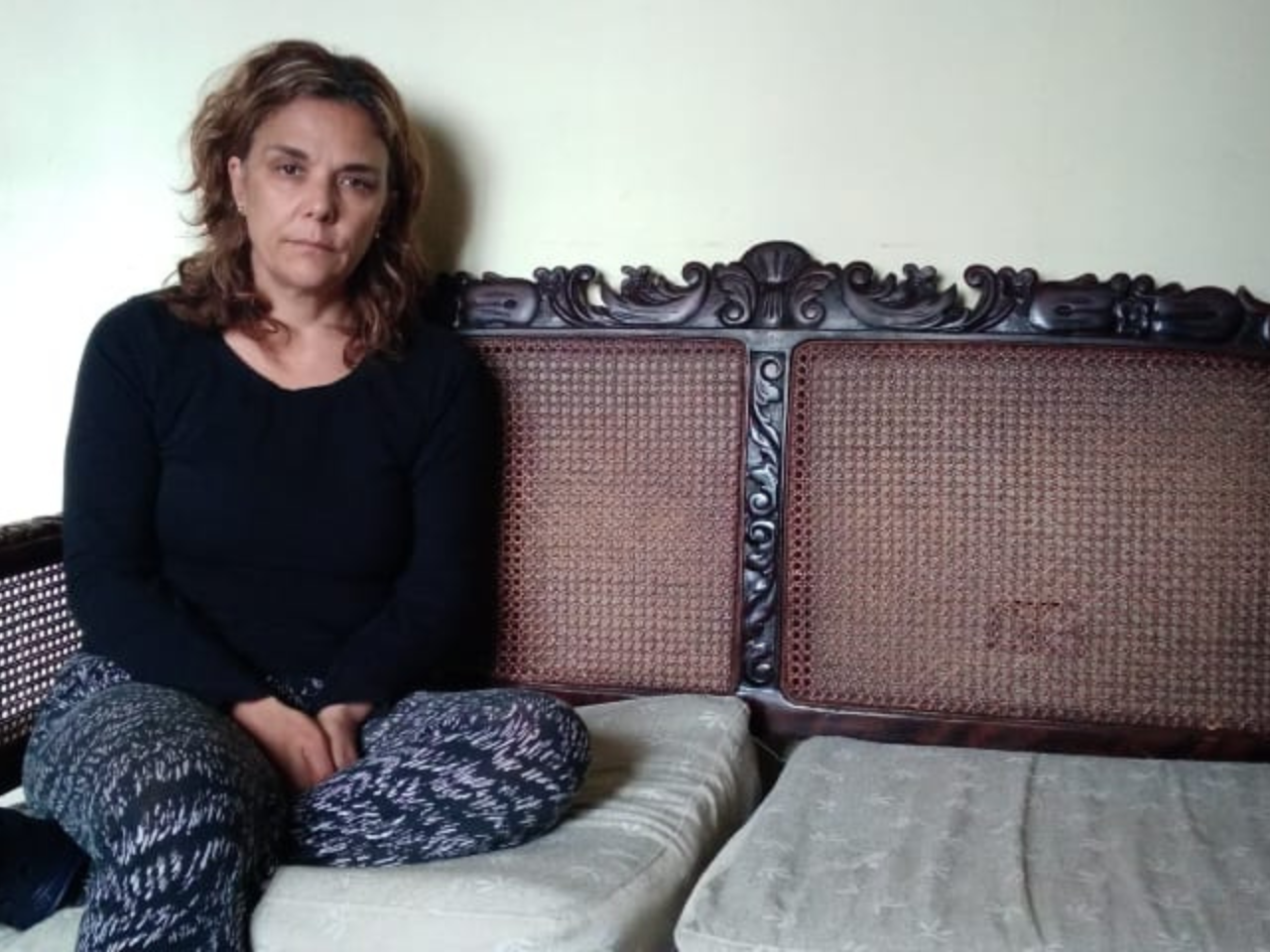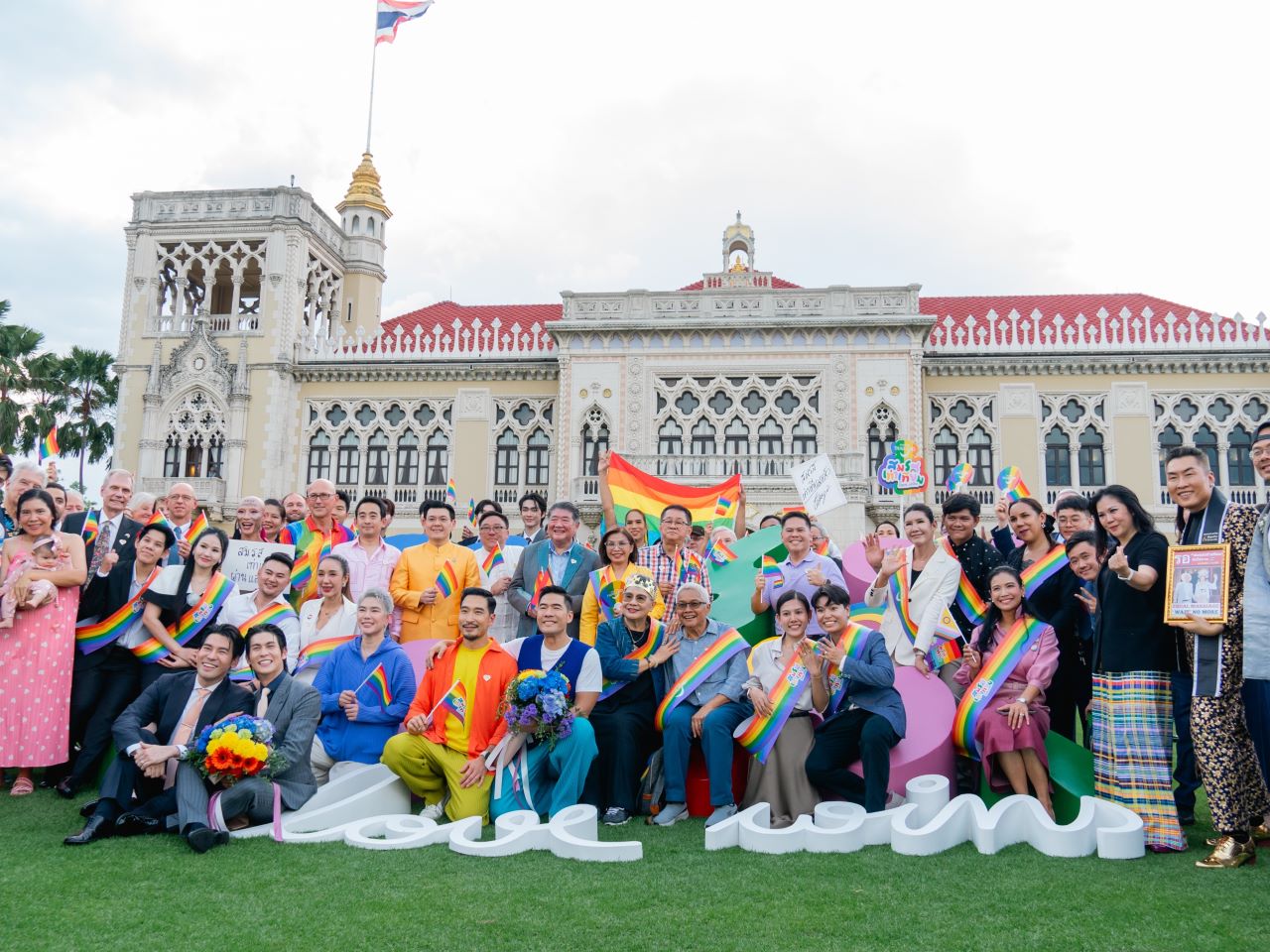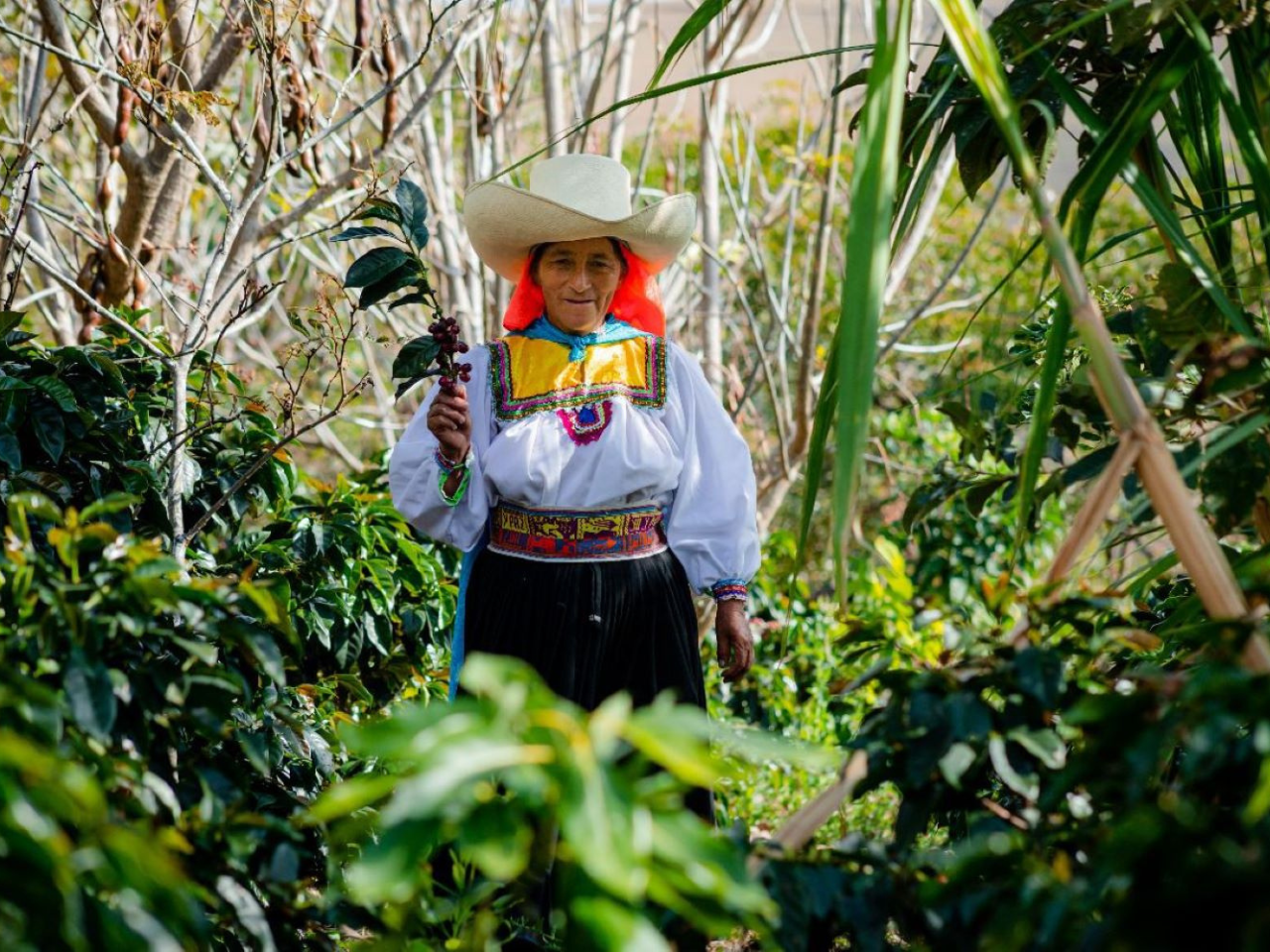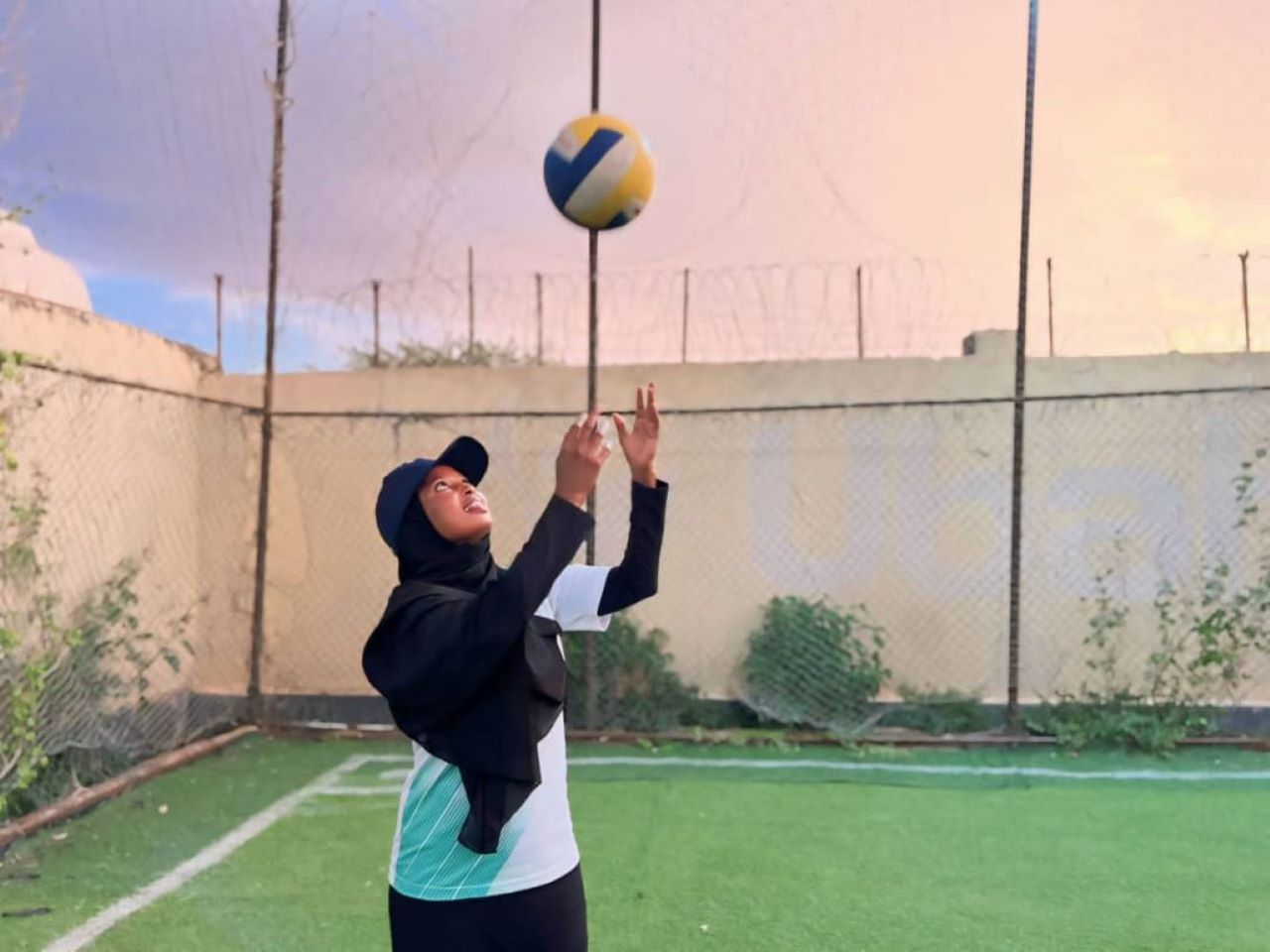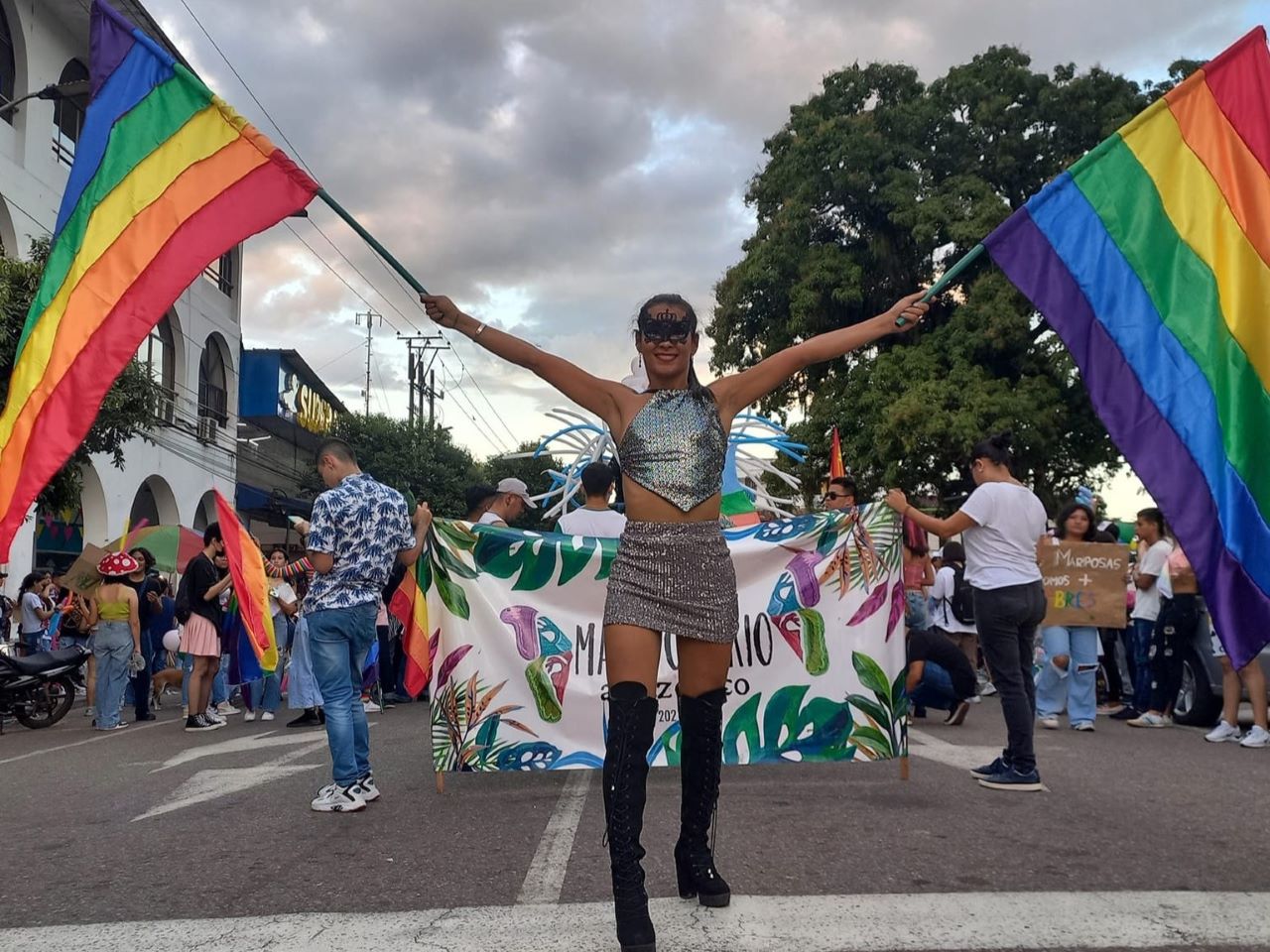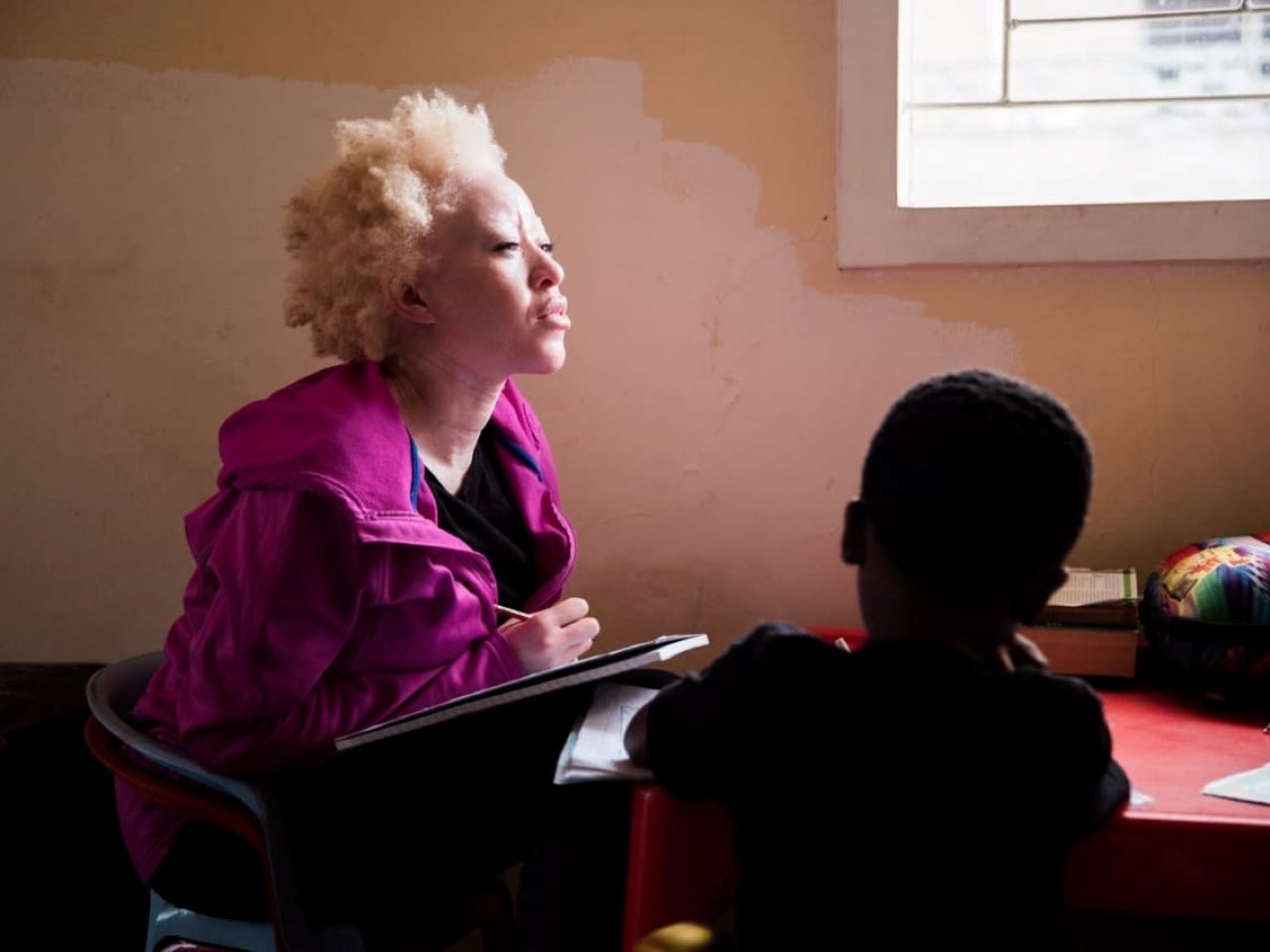Fugitive cab driver arrested for rape eight years later: woman continues to fight a broken system
We found no trace of him in Bolivia and when we returned to Argentina, constant fear suffocated me. My skin crawled at the slightest noise, and I found my hands reaching under my pillow at night for the knife kept there. “Is he nearby,” I worried, “Does he know where I live?”
- 2 years ago
October 6, 2023
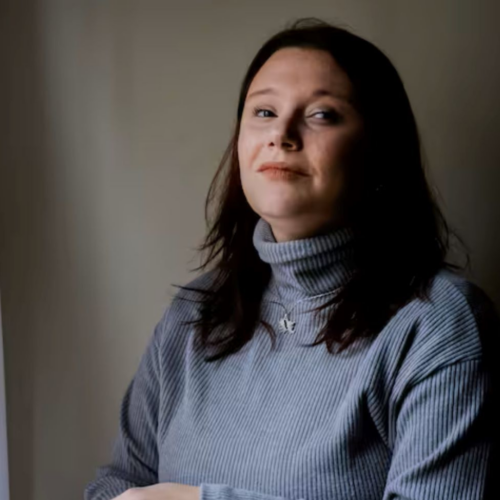
ALTO, Bolivia — I sat at a bus stop in Buenos Aires, Argentina on a chilly night as the distant noises from the bars mingled with exhaust fumes in the streets. A cab pulled up suddenly and the driver – Tito Franklin Escobar Ayllón – warned me it was a dangerous area. Reluctantly, I climbed into his cab, unaware my life was about to change irrevocably. In the back seat, I drifted into a light sleep as the musty scent of the car’s interior filled my nostrils. Then, something suddenly jolted me awake. Tito moved into the back seat to rape me.
I screamed and begged him to stop but her persisted for about a half hour before leaving me out on the streets. I woke up later in a hospital bed, the harsh lights stinging my eyes. My mind replayed the traumatic event I just endured.
Read more stories about the problem of sexual assault around the world.
Living in constant fear after being raped, perpetrator vanishes for years
My mom and I reported the rape hours after it happened, but the cab driver, Tito Franklin Escobar Ayllón, vanished – fleeing into the nearby country of Bolivia. In the days that followed, panic attacks gripped me like an iron fist. I couldn’t bear to travel alone, and doubt seeped into my mind. I began questioning everything, including my career aspirations. With a heavy heart, I left my political science program and entered law school after realizing the legal system had little interest in pursuing my case.
During that dark period following the rape, one reoccurring thought saved me from my anguish: “My life is much more than those thirty minutes.” Despite the horror of what I endured, I refused to allow it to be my story. Frustrated by the apathy of the authorities, my mother and I decided to go to Bolivia ourselves. We knew the risks, but we also knew that no one else was looking for this man who turned my life upside down.
We found no trace of him in Bolivia and when we returned to Argentina, constant fear suffocated me. My skin crawled at the slightest noise, and I found my hands reaching under my pillow at night for the knife kept there. “Is he nearby,” I worried, “Does he know where I live?”
A call from the Secretary of National Security changes everything
Everything shifted when Mercedes La Gioiosa became Secretary of National Security in Bolivia. She went beyond reading my file. She saw me. During our first meeting, our eyes locked and she said, “You can’t find someone you’re not looking for.” Her words resonated deeply, and a flicker of hope erupted in the long, dark tunnel I felt trapped in.
Months later, on July 27, 2023, Mercedes called me. Someone used Tito’s identification at a Bolivian gas station. My heart skipped a beat. “Could it be him,” I wondered. She confirmed my suspicions: authorities in Bolivia arrested Tito for rape. A visceral wave of relief washed over me as if years of accumulated tension finally broke free.
“We got him,” she exclaimed. My hands shook as tears streamed down my face. For the first time, I felt the shackles of fear and anxiety start to loosen. Years of advocacy led me here. I met with countless officials and most of them seemed deaf to my pleas, until Mercedes. The reality hit me hard. Tito had been hiding in his mother’s house in Bolivia all along, a place they’d never thought to look. Now, I can finally breathe, although a twinge of anger remains. I know they could have found him much sooner.
Man charged with my rape sits in a jail cell
In my book The Bad Victim, I wanted to redefine victimhood. I describe how we, as victims of rape and other violence, claw our way out of that label, filled with an irrepressible demand for happiness. We fight so that our past will not overshadow our future, striving to reclaim the world as it was before the trauma. We want the shame to stick to those who harmed us, not to us.
Life handed me a cruel twist of fate, but it also redirected my course. Would I have studied law, met my husband, or had my children if not for this incident? Though disturbing, the incident forced me to find meaning in the rubble of my life. I’m now a lawyer, seven months pregnant with my second child, and I enjoy a network of incredible feminist women. I know my journey would have been much more difficult, had I walked it alone.
As for Tito, he sits in a prison cell in Madariaga, 2,000 kilometers away from my new life in Santa Cruz. Though charged with the crime, he remains silent, awaiting indictment. I saw a video of him as officers led him into the courtroom and a torrent of rage ran through me. His submissive posture seemed like a grotesque contrast to the man I endured, who felt entitled to rape me. I fantasize about shouting the truth into his face.
Shattering my silence became a lifeline but feminist lawyers have miles to go
Filing my complaint for rape marked the start of an agonizing struggle, a tale of bureaucratic apathy not unique to me. For every woman who cries out for justice and is met with silence, the system fails. The state’s lack of action leaves women vulnerable and unprotected.
Shattering my silence became a lifeline. It felt like peeling off a layer of shame that stuck to my skin. The public often questions, “Did she bring this upon herself?” I knew my experience in pursuit of justice was not an isolated one. My journey remains rooted in a culture which blames the victim. The key to change exists inside collective action. We must have the political will, to pursue reform and spark a sea of change in societal attitudes.
If the only motive driving the people in power centers around a paycheck, justice will remain elusive for women battling rape and violence. Sadly, some of us fight that battle alone because our immediate circle of family or friends is unable or unwilling to offer support. Yet, loneliness taught me resilience. I learned to not let my trauma become an unbearable weight.
Today, my heart soars when I see feminist lawyers challenging the status quo and pushing the judiciary to rethink its response to cases like mine. Yet, we still have miles to go.

